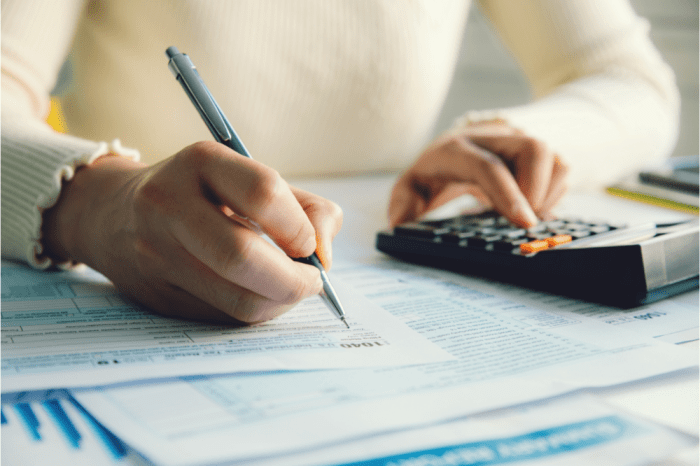“How do I complete my seafarers’ tax return?” is one of the most common questions our team of tax specialists are asked.
Whether you’re working as a Deckhand or a Stewardess, are just starting out as a Yachtie or have years of experience, when you work on board a Superyacht, one thing’s for sure: it’s essential that you complete a seafarers’ tax return.
But what is a seafarers’ tax return and how do you complete it? Read on for our top tax tips and discover everything you need to know about completing your tax return.
Seafarers’ tax explained: 5 steps to completing your tax return
When you work as a seafarer, you are paid without any tax or national insurance being deducted. This is because yachts employ crew from all over the world, so it is the seafarer’s responsibility to declare their income to their own country.
A UK resident is responsible for declaring this income to HMRC by completing an annual tax return, which they will use to calculate the amount of tax you owe.
Ironically, due to the Seafarers’ Earning Deduction, your earnings will most likely be exempt from income tax (more on that below!). However, you must still complete your tax return if you are going to avoid any penalties. Here’s how to do it:
1. Register for self-assessment
First things first, if you are a UK resident and earning untaxed income you will need to register for your self assessment tax return via the government website.
You must register for both self-assessment and Class 2 National Insurance by the 5th of October the year before your tax return is due. So, if you need to file your return by January 2024, you will need to register by the 5th of October 2023.
Once you’ve registered, you will be issued with a Government Gateway user ID and your Unique Taxpayer Reference which you will then use to sign in when completing your tax return.
It’s important to note that your Unique Taxpayer Reference will be sent to you via the post. So, if you are going to work at sea, it is recommended to have somebody who can check your post at home.
Whether you work at sea for 1 day or for a year, your income needs to be declared, so we suggest registering as soon as you begin working.
2. Make sure you’ve got the necessary records
In order to successfully complete your seafarers’ self-assessment tax return, you will need to keep certain records to submit to HMRC, such as:
- Air tickets or travel vouchers
- A completed working sheet (HS205 form)
- Copies of hotel bills and receipts
- Your passport and visas
- The freeboard log for your ship
- Your seafarer’s discharge book
3. Claim your Seafarers’ Earning Deduction
The Seafarers’ Earning Deduction is a piece of tax legislation that allows foreign earnings to be exempt from UK income tax -which means that once you have completed your tax return, you can claim 100% tax relief on the amount that you earn.
The three basic rules to qualify for SED are that you must have worked outside the UK for 365 days, your qualifying period has at least one voyage that begins and ends at a foreign port, and that you work on a ship.
Find out more about how the Seafarers’ Earning Deduction and how to claim it in this helpful blog post.
4. Don’t miss the deadline!
Your seafarers’ tax return must be submitted by the 31st of January following the start of the previous tax year – which means you have nine months to complete and submit your return.
It’s really important to file your return on time, and not doing so can result in late filing penalties. If you submit your return up to three months late, you’ll have to pay a fine of £100.
After three months, HMRC can then impose and additional £10 fine for each extra day that your return isn’t submitted for up to 90 days – so you could end up with an additional £900 bill on top of your original fine.
If you leave it longer than that, the penalties will get even worse – so if you want to escape hefty fines, it’s important to make sure your return is completed on time!
5. Use a tax specialist
Filling out your seafarers’ self-assessment can be a long and complicated process, and doing so incorrectly could result in paying unnecessary fines, or even missing out on your Seafarers’ Earning Deduction.
With so much at stake, if you’re feeling stressed at the prospect of completing your tax return, a tax specialist will be able to help you out and ensure that everything is completed correctly and on time.
Here at Flying Fish, we run a seafarers tax service for all UK crew. Our registered tax agents can take care of your tax for just £210 a year, taking the stress out of the process and freeing you up to enjoy life at sea rather than worrying about your finances.






